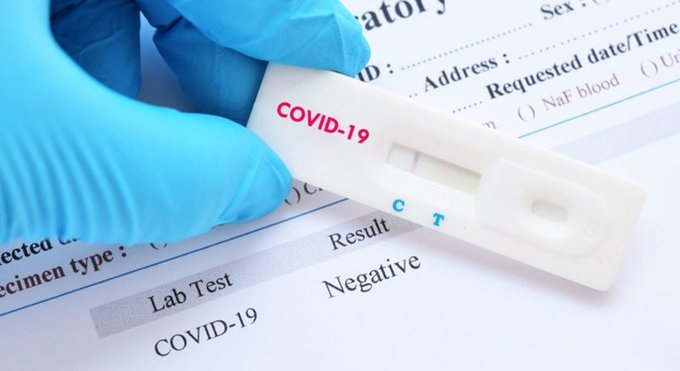The ministers in the UK have ordered for the production of antibody tests developed by top scientists in the country as the World Health Organisation warns that reinfection might be possible.
As a part of the government-supported Rapid Testing Consortium, Oxford University scientists devised a new immunity test which could give the results within twenty minutes. The government believes that the reliable test could help in understanding the immunity of the public and recover the state of the country by June. The immunity tests are said to be priced at around 12 US dollars (10 Pound sterling).
The user is expected to use a pinprick for the analysis and wait for twenty minutes as the lines will display whether they have the antibody. Like the pregnancy test if two lines appear then the result is positive. If the test result shows one line it either means that the person is vulnerable to the coronavirus or the test has failed. The divided plans for the tests say that after the test is taken, people will send the pictures of the positive test result to a central unit which will add the details into the database.
The Consortium believes that around one million tests can be produced by summer and will have around 50 million tests by next year.

WHO expressed concerns over reinfection
Several countries believe that after getting the infection once the immunity can be built in the body and some countries also adopted methods of herd immunity. The new test is believed to be a game-changer in the fight against the coronavirus in the UK. According to Daily Mail, the tests reported being successful when tried.
The World Health Organisation warned on Saturday, April 25, that there is no evidence yet to believe that people who develop antibodies against the novel coronavirus has developed immunity against the disease. The WHO has also cast doubts on immunity passports and certificates as an exit strategy with respect to the lockdown.
It is reported that the key workers would be the first in line for the tests. This development is after the government-run website crashed on Friday, April 24, after a few hours of being active.









